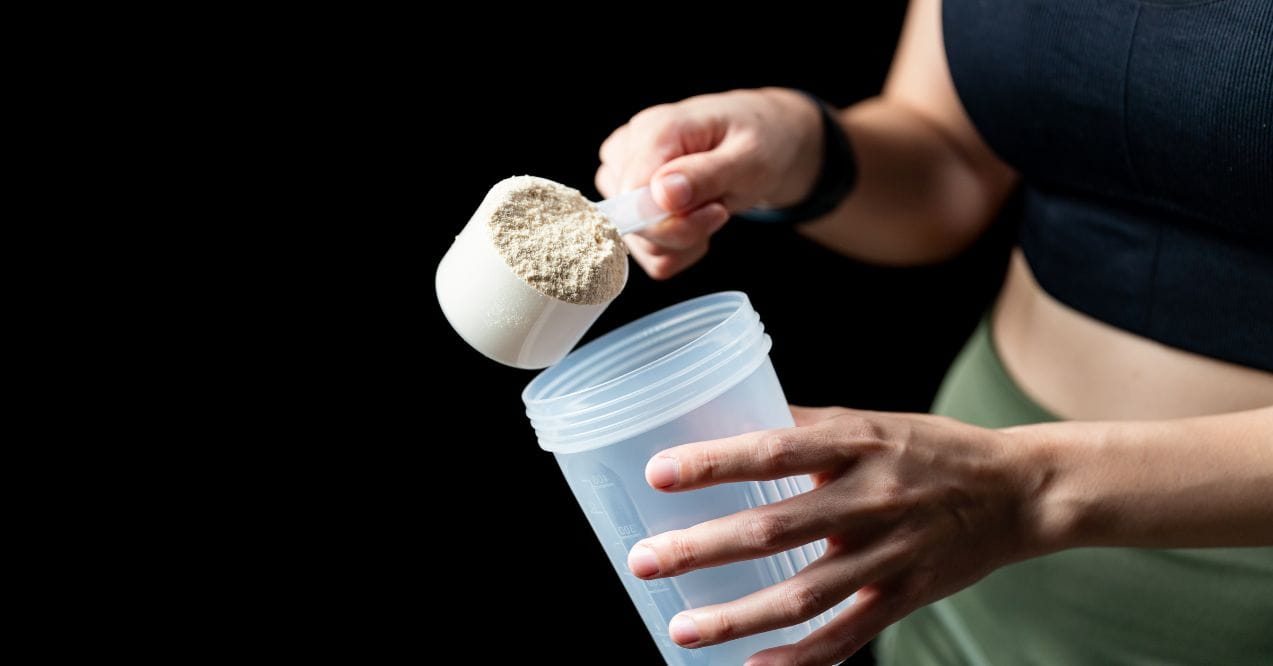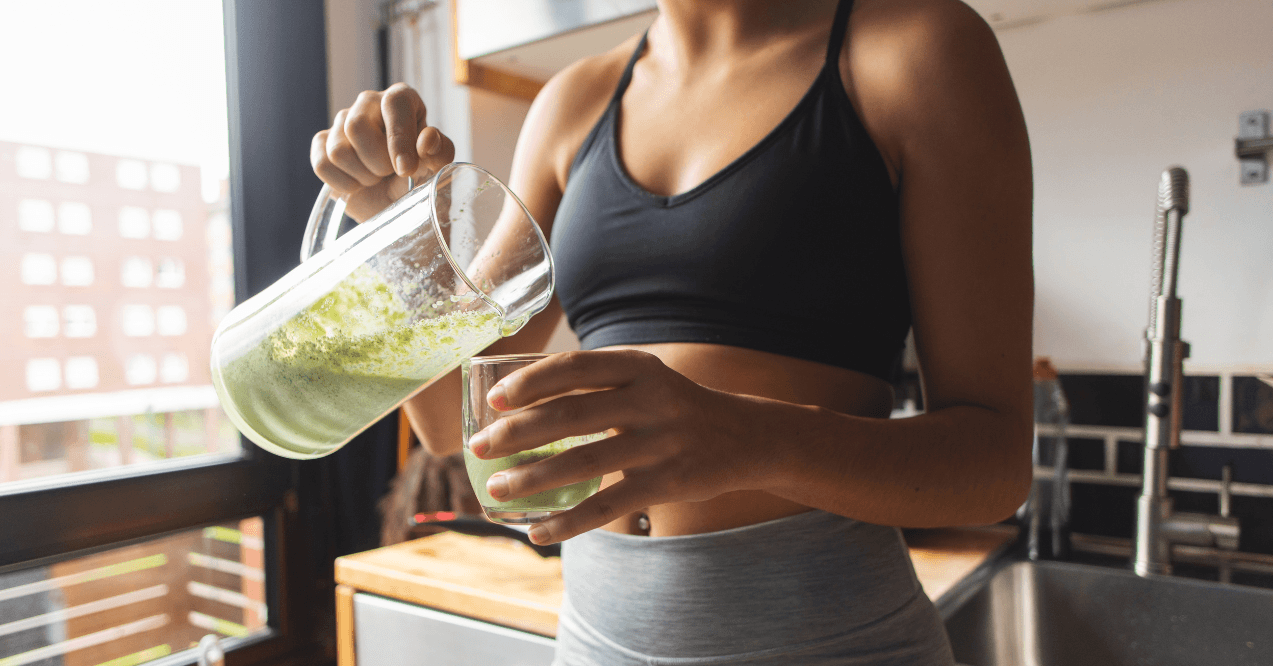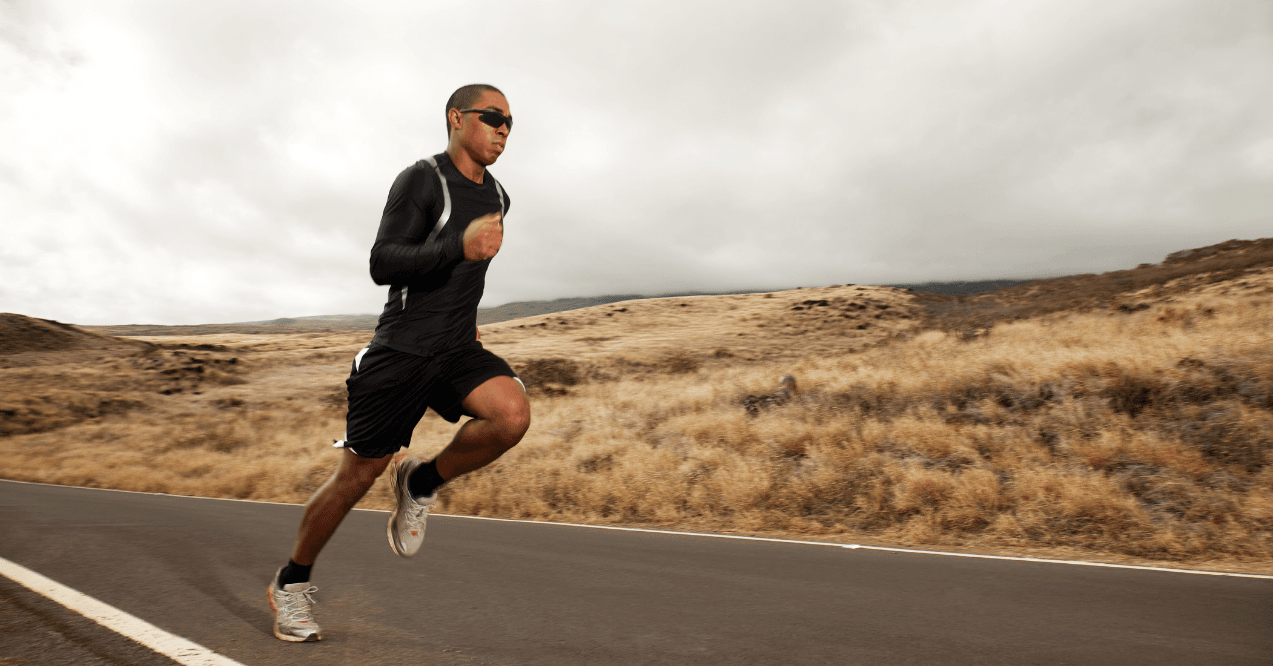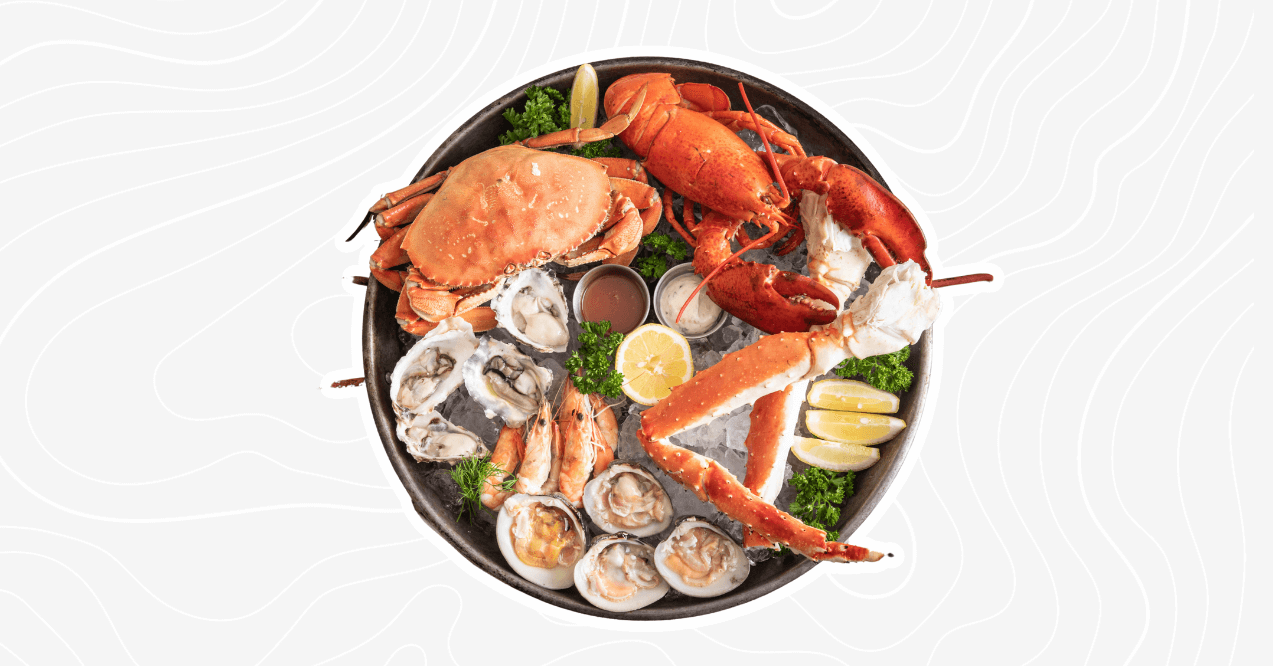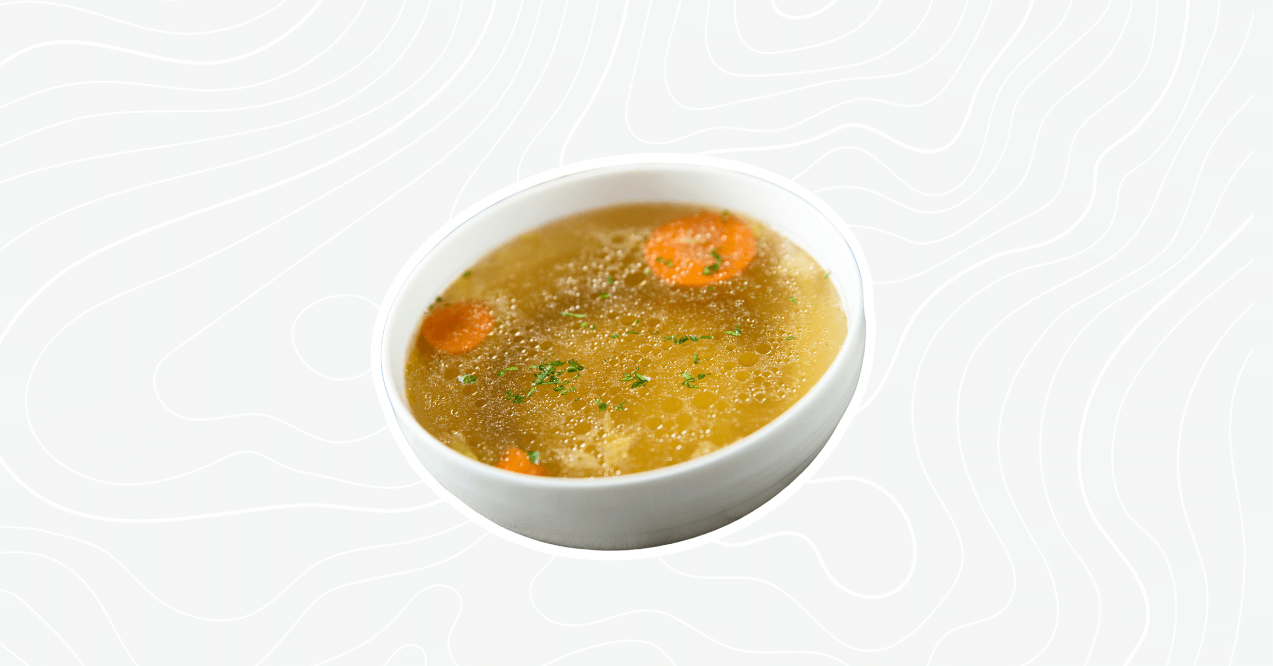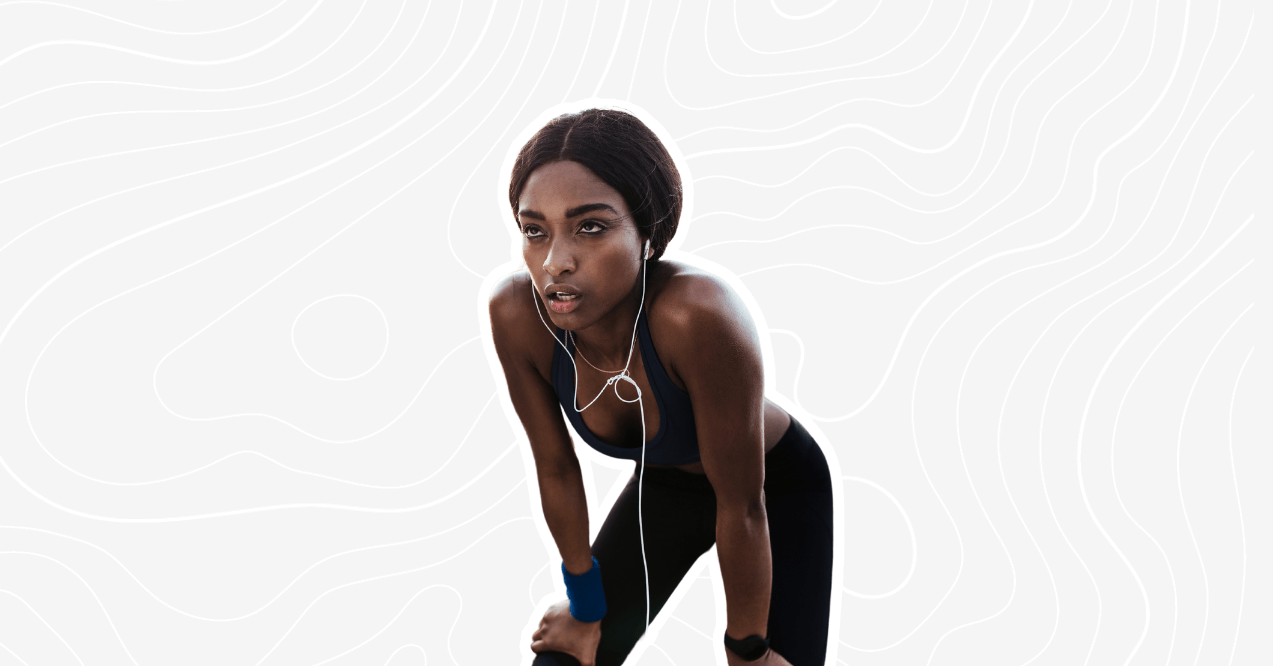What to Eat to Boost Endurance Before Your 5K Run
What to eat before a 5K can make a huge difference in how you feel and perform on race day. The right foods fuel your body, support your energy levels, and help you avoid stomach issues while running. When you eat the right mix of foods at the right times, you may run faster and feel better throughout your race.
Pre-race nutrition isn’t just about the morning of your race. Your food choices in the days leading up to a 5K also play a big role in how well you perform. Just like you need the right fuel before a HIIT workout, a 5K demands smart food planning for top results.
What to Eat the Night Before a 5K?
What you eat the night before a 5K sets the stage for race day success. Your evening meal should fill your energy tanks without causing digestive issues when you wake up.
Focus on a balanced meal that includes mostly carbs, some protein, and a little fat. Carbs fill your muscle glycogen stores, which your body will use for fuel during the race. Aim for about 60% of your dinner to be carbohydrates.
Good dinner options include:
- Pasta with light tomato sauce and chicken
- Rice bowl with lean protein and veggies
- Baked potato with a small amount of toppings
- Sandwich on whole grain bread
Ensure you eat your meal at least 12 hours before race time to allow for complete digestion. What to eat the night before a run matters, but portion size counts too. You want to feel satisfied but not stuffed. Drink water throughout the evening, but stop about 2 hours before bed to avoid middle-of-the-night bathroom trips.
What to Eat Before a 5K Race in the Morning?
What to eat before a 5K race in the morning depends on your start time and how your body handles food. The main goal is to top off your energy stores without upsetting your stomach.
Eat a light, carb-focused breakfast 2-4 hours before the race starts. This timing gives your body enough time to digest while still having energy ready when you need it. If your race starts very early, you might need to wake up just to eat, then go back to sleep for a bit.
Good pre-race breakfast options include:
- Plain bagel with a small amount of jam
- Bowl of oatmeal with a banana
- Toast with a bit of honey
- Small bowl of low-fiber cereal with milk
For many runners, taking a pre workout before running can add an extra energy boost. Just make sure you’ve tested it in training first.
If your race starts less than 2 hours after you wake up, stick with something very small like half a banana or a few crackers about 30-60 minutes before the start.
Should You Run a 5K on an Empty Stomach?
Running a 5K on an empty stomach works for some people but not everyone. The main benefit of fasted running is that it may train your body to use fat stores more efficiently. However, many runners find they have less energy and slower times when racing without fuel.
If you want to try a fasted 5K:
- Test it during training runs first
- Make sure you ate well the night before
- Bring emergency fuel just in case
- Stay well hydrated
Fasted running pairs well with certain eating patterns. If you use an intermittent fasting calculator to plan your eating windows, you might find running on an empty stomach feels natural. Just remember that race day isn’t the time to try something new.
What to Drink Before a 5K
Smart hydration can be just as important as food when preparing for a 5K. Being even slightly dehydrated can slow you down and make the run feel harder.
Start hydrating well the day before your race. Water should be your main drink, but sports drinks can also help by adding electrolytes that support fluid balance. Aim to drink steadily throughout the day without chugging large amounts all at once.
On race morning:
- Drink about 16 ounces (2 cups) of fluid 2-3 hours before the start
- Sip 4-8 ounces about 30 minutes before race time
- Stop drinking 15-20 minutes before the gun goes off
Caffeine from coffee or tea may help some runners perform better by increasing alertness and reducing how hard the run feels. If you normally have caffeine, stick with your usual amount. If you don’t usually have caffeine, race day isn’t the time to start.
For optimal race support, try our Pre Workout formula, which contains key ingredients like beet root powder (500mg), B vitamins, and a moderate amount of caffeine (200mg) to help maintain energy during your run. The addition of L-Tyrosine and Beta Alanine may help support focus and performance when taken about 30 minutes before the start of your 5K.
What Foods to Avoid Before Running
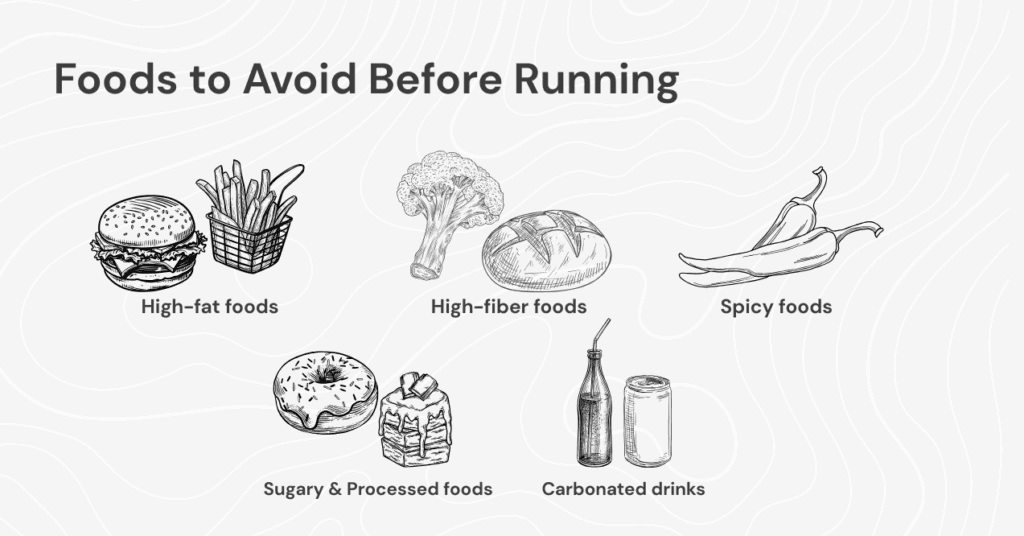
What you don’t eat before a 5K can be just as important as what you do eat. Certain foods are more likely to cause stomach issues, energy crashes, or just make running feel harder. Let’s look at the main food types to skip before your race.
High-Fat Foods
High-fat foods take a long time to digest and can sit heavily in your stomach while running. Your body sends blood to your muscles during exercise, which means less blood flow for digestion.
Foods to avoid before running:
- Fried foods like french fries or chicken nuggets
- Creamy sauces and dressings
- Bacon, sausage, and other fatty meats
- Large amounts of nut butters
These foods may cause stomach pain, side stitches, or make you feel sluggish during your run. If you love these foods, save them for after your 5K when your body can digest them more easily.
High-Fiber Foods
Fiber is great for daily health but can cause major problems during a 5K. High-fiber foods move through your system quickly and may lead to unwanted bathroom stops.
Skip these high-fiber foods before your race:
- Beans and lentils
- Bran cereals and bread
- Raw vegetables, especially broccoli and cauliflower
- Large salads
If you’re worried about missing out on nutrients, plan to eat these foods later in the day after your race when they won’t affect your run.
Spicy Foods
Spicy foods can cause heartburn and stomach upset that make running uncomfortable. The bouncing motion of running can push stomach acid upward, and spicy foods make this worse.
Common spicy foods to avoid include:
- Hot peppers and sauces
- Curries
- Foods with lots of black pepper
- Anything that has made you feel warm or tingly in the past
Even if you love spicy food normally, save the heat for your post-race meal when it won’t interfere with your performance.
Sugary and Processed Foods
Sugary foods can give you a quick energy boost followed by a crash – not what you want during a 5K. They may also pull water into your digestive system, causing cramps.
Avoid these sugary items:
- Candy and chocolate
- Pastries and donuts
- Sugary cereals
- Some energy bars with very high sugar content
Instead, focus on complex carbs that release energy slowly and steadily throughout your run.
Carbonated Drinks
Fizzy drinks fill your stomach with air bubbles that can cause uncomfortable bloating and burping while running. The gas takes up space that could be used for useful fuel instead.
Stay away from:
- Sodas (even diet versions)
- Sparkling water
- Beer and champagne (which you shouldn’t have before a race anyway)
- Energy drinks with carbonation
Stick with still water or flat sports drinks that won’t create gas bubbles in your stomach.
Post-Race Nutrition: What to Eat After a 5K
After crossing the finish line, your body needs fuel to recover. The right post-race nutrition helps rebuild muscles, restore energy, and reduce soreness.
Within 30 minutes after finishing:
- Aim for a mix of protein and carbs in a 1:3 or 1:4 ratio
- Drink plenty of fluids to replace what you lost through sweat
- Consider chocolate milk, which has an almost perfect recovery nutrition profile
Good post-race food options include:
- Banana with peanut butter
- Turkey sandwich
- Yogurt with granola
- Smoothie with protein powder
Don’t worry about eating a full meal right away if you don’t feel hungry. A small snack within the recovery window helps start the process, and you can have a bigger meal an hour or two later when your appetite returns.
Conclusion
What to eat before a 5K plays a key role in how well you run. The right foods at the right times may help you feel stronger, run faster, and recover better. Everyone’s body is different, so use these guidelines as a starting point and adjust based on what works for you.
Most importantly, don’t try anything new on race day. Stick with foods and timing that have worked well during your training runs. With smart nutrition choices, you’ll be ready to run your best 5K yet.
Running right after eating often causes stomach issues and lower performance. Your body uses blood for digestion instead of running muscles. Wait 1-2 hours after small meals and 3-4 hours after large meals for best results.
A small, carb-based snack before morning runs can improve energy and performance. Try half a banana or a few crackers. For short runs under 30 minutes, some runners do fine without eating first.
Eat a carb-rich, low-fiber breakfast 2-4 hours before starting. Good choices include oatmeal with banana, bagel with jam, or toast with honey. Aim for 300-500 calories and drink 16-20 ounces of fluid.
No, don’t cut carbs before a 5K. Carbohydrates fuel high-intensity exercise, and cutting them may leave you tired and slow. Focus on quality carbs like whole grains, fruits, and starchy vegetables before your race.
Advertisement. This site offers health, wellness, fitness and nutritional information and is designed for educational purposes only. You should not rely on this information as a substitute for, nor does it replace, professional medical advice, diagnosis, or treatment. If you have any concerns or questions about your health, you should always consult with a physician or other health-care professional. Do not disregard, avoid or delay obtaining medical or health related advice from your health-care professional because of something you may have read on this site. The use of any information provided on this site is solely at your own risk.
